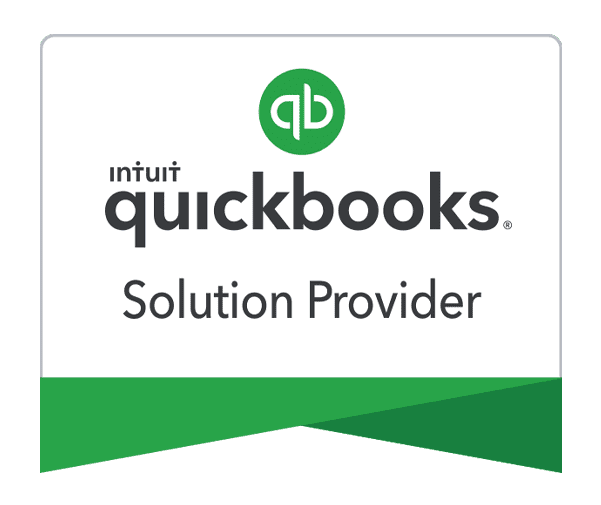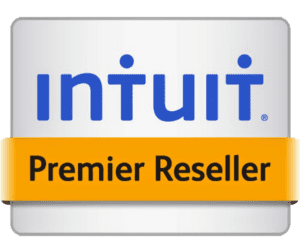4 Bookkeeping Tips That Your CPA Wants You to Know

Pete Real
We don’t claim to speak for CPAs everywhere, and certainly not for your CPA, and even with the holiday fast approaching, no CPAs have come to sit on our knee to whisper their Christmas wishes into our ear. (We can’t imagine why not….) Still, with tax season following hard on the heels of Christmas, we’re confident we have a good idea of what’s on the wish lists of most of the CPAs out there who deal with small business owners. As such, we’re going to venture out on a limb and explain four things that your CPA would really like you to know about your bookkeeping.
Good Recordkeeping Matters—Really!
Your CPA has probably already told you this. Hopefully you listened; maybe you didn’t. But this is so important that at the risk of sounding shrill and shrewish, we’re going to beat that poor dead horse.
The accounting process begins with source documentation. This is something that every first-year accounting student learns, but to the non-accountants of the world it’s generally meaningless. Every transaction entered into the books of a business originates with a source document—an invoice, a check, a payment, and so on. If it becomes necessary to substantiate a transaction, the source document is generally the only way to do so.
Why might it become necessary to substantiate a transaction? The first (and frankly scariest) reason is an IRS audit. According to its website, the IRS “can include returns filed within the last three years in an audit.” However, in the event a “substantial error” is identified, the audit can go back up to six years. Normally the IRS cannot collect back taxes older than ten years, but if the agency can prove the taxpayer had the intent to commit fraud, that time limit disappears. (A “substantial error” that extends the three-year limit is underreporting of income by 25% or more.)
The second and more mundane reason involves reviewed and audited financial statements. The most common reason for needing reviewed or audited financials is applying for a loan, although in some cases other parties with an interest in your financial condition, such as a landlord, may ask for them. A CPA firm will require documentation for both the review and audit processes, although an audit is significantly more stringent, detailed, time-consuming, and expensive than a review.
Good Documentation Also Matters—Really!
When your bookkeeper or whoever handles your business accounting enters transactions into the books, there are occasions—particularly in the case of general or adjusting journal entries—when a brief but clear explanation of the transaction is required. Entries with no explanation can be maddeningly frustrating to a CPA who is reviewing your books for tax preparation, review, audit, or some other purpose. Good documentation of every transaction can solve 99% of these issues.
Keep in mind that your CPA (a) is not a mind reader and (b) has relatively limited knowledge of your business. An entry that might make perfect sense to you or your bookkeeper with little or no explanation is likely to be as clear as mud to your accountant. Often your CPA will ask for a copy of the general ledger along with your financial statements. The general ledger contains every single transaction entered into the books for a given time period, and it includes the memo line associated with each one. If that memo line contains something meaningful rather than being blank or so abbreviated as to be useless, it will probably keep your CPA from having to come back to you with question after question.
Keep Personal and Business Affairs Separate
Just because you own your business doesn’t mean you can do with it as you please. Personal and business funds must not be commingled—that is, mixed. In other words, you don’t pay your mortgage from the business checking account and routinely charge groceries to the company credit card. For one thing, it causes real headaches for your accountant. For another, it puts you in financial jeopardy.
There are legal protections provided by establishing an LLC, corporation, or other legal entity for your business affairs rather than operating as a sole proprietor. The main one is that anyone pursuing your assets, such as a creditor or a litigant (someone suing you), may seek only the assets of the business, not your personal assets. However, if a plaintiff’s attorney can demonstrate that you routinely commingled personal and business affairs, they will likely be able to “pierce the corporate veil” and go after your personal assets as well.
Don’t Be Sloppy with Related Party Affairs
Because LLCs are so inexpensive to set up and run (as compared to S corporations), it has become very common for asset protection purposes to employ multiple LLCs to hold the assets of a business. For example, a restaurant operator with five locations might use a separate LLC for each restaurant. There is nothing wrong with this, and while it makes your accounting a bit more complex, it’s nothing your CPA can’t handle.
However, just because such LLCs are related parties, that doesn’t mean you can do as you will. It’s not a problem to move money among them or to pay bills for one company out of another, so long as everything is properly recorded. If there are any differences in ownership, however, such as in a family business where LLCs A and B are solely owned by Bob but LLC C is owned 50/50 by Bob and his brother Tom and LLC D is owned 50/25/25 by Bob and Tom and their father Pete, and so on, things become more complicated. Things like transferring assets and forgiving loans can create tax issues if not properly handled. The bottom line is that you should ask your accountant before acting.
These are four wishes for your accounting from your CPA. While following them will make your CPA’s work easier, they will also save you time, expense, and potentially even financial loss. That makes these tips a true win-win.
















